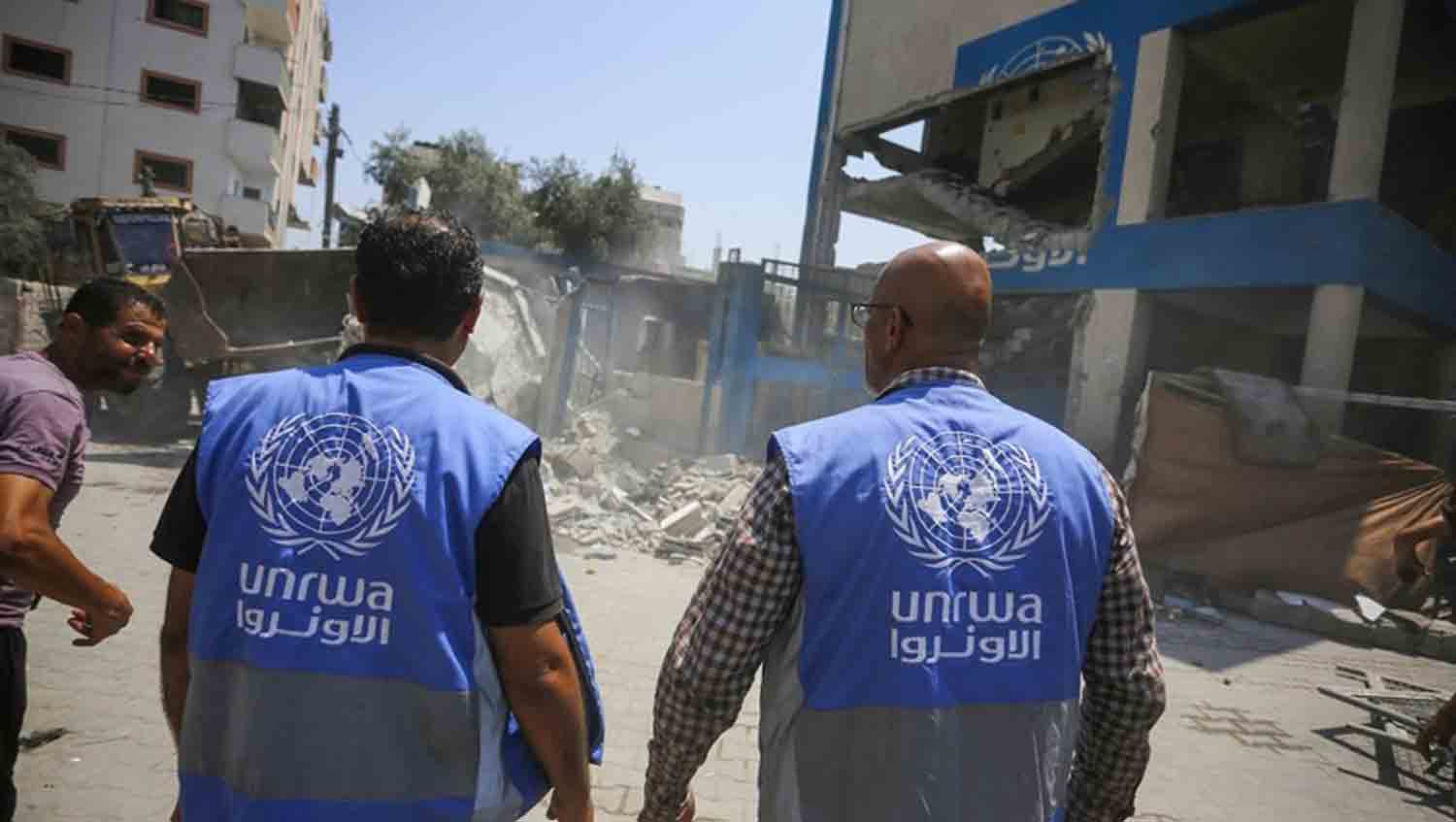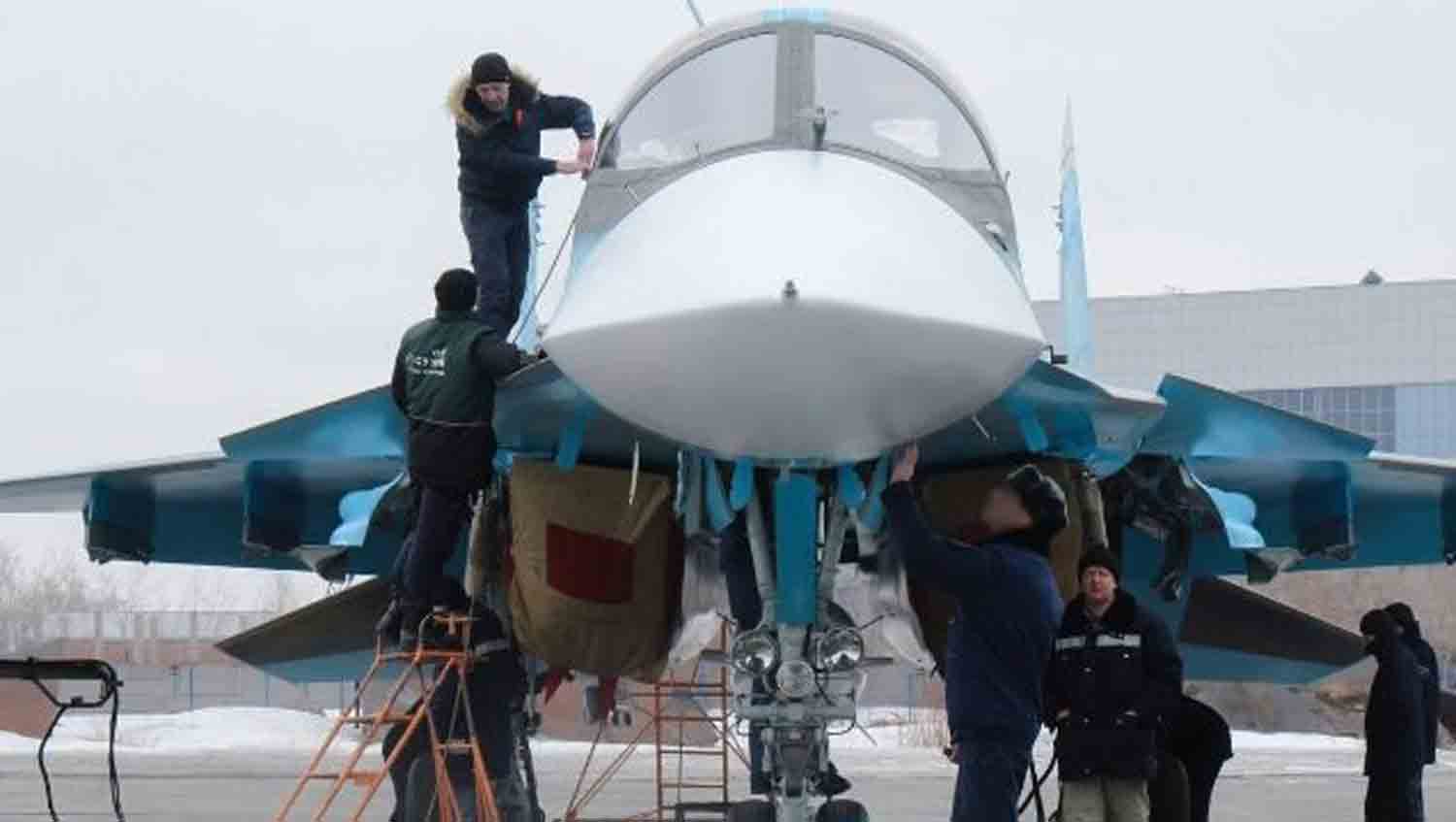The United States and Colombia averted a potential trade conflict on Sunday after the White House announced that Colombia had consented to accept military aircraft transporting deported migrants.
President Donald Trump had previously threatened to impose tariffs and sanctions on Colombia due to its refusal to allow military flights for deportees as part of his extensive immigration enforcement measures.
However, in a statement released late Sunday, the White House confirmed that Colombia had agreed to accept the migrants, leading to the decision not to implement the proposed penalties.
“The Government of Colombia has accepted all of President Trump’s conditions, including the unconditional acceptance of all undocumented individuals from Colombia being returned from the United States, including via U.S. military aircraft, without any restrictions or delays,” the statement indicated.
It was also noted that draft orders for tariffs and sanctions would be “kept in reserve and not signed unless Colombia fails to comply with this agreement.”
“Today’s developments demonstrate to the world that America is once again respected. President Trump … anticipates that all other nations will fully cooperate in the repatriation of their citizens who are unlawfully present in the United States,” the White House statement emphasized.
Colombian Foreign Minister Luis Gilberto Murillo remarked late Sunday, “We have resolved the deadlock with the U.S. government.”
The Colombian government has prepared the presidential aircraft to assist in the return of Colombians who were scheduled to arrive in the country this morning via deportation flights. The announcement did not explicitly mention whether military flights were part of the agreement, yet it did not contradict the statement from the White House.
Murillo, along with Colombia’s ambassador to the United States, is set to travel to Washington in the coming days to discuss the agreements that resulted in the exchange of diplomatic notes between the two nations, as noted in the Colombian statement.
Currently, Washington’s proposed measures, which are on hold, include the implementation of 25% tariffs on all Colombian imports to the U.S., potentially increasing to 50% within a week; a travel ban and visa revocations for Colombian government officials; and emergency sanctions affecting treasury, banking, and financial sectors.
Trump has also indicated a potential increase in border inspections for Colombian nationals and cargo. Prior to the announcement regarding the flights, a spokesperson from the State Department mentioned that the U.S. had halted visa processing at its embassy in Bogotá.
Colombia ranks as the third-largest trading partner of the U.S. in Latin America, with the U.S. being Colombia’s primary trading partner, primarily due to a free trade agreement established in 2006, which resulted in $33.8 billion in bilateral trade in 2023 and a $1.6 billion trade surplus for the U.S., according to data from the U.S. Census Bureau.
Alejo Czerwonko, chief investment officer for emerging markets Americas at UBS Global Wealth Management, noted that Colombia depends on access to the U.S. market for approximately one-third of its exports, equating to about 4% of its GDP.
Colombian President Gustavo Petro previously criticized the military deportation flights, asserting that he would never conduct a raid to return handcuffed Americans to the U.S. “We are the opposite of the Nazis,” he stated in a post on the social media platform X.
Colombia has expressed its willingness to accept deported migrants on civilian flights, with the president offering his official aircraft to ensure their “dignified return.”
‘DEGRADING TREATMENT’
Since taking office last Monday, Trump has declared illegal immigration a national emergency and initiated a crackdown. He has instructed the U.S. military to assist with border security, implemented a sweeping ban on asylum, and taken measures to limit citizenship for children born in the U.S. The deployment of U.S. military aircraft for deportation flights is uncommon; however, two flights carrying approximately 80 migrants each were conducted to Guatemala on Friday. Additionally, Mexico declined a request last week to allow a U.S. military aircraft to land with migrants.
Trump has indicated he is considering imposing a 25% tariff on imports from Canada and Mexico starting February 1 to compel further action against illegal immigration and the influx of fentanyl into the U.S. Brazil’s foreign ministry condemned the “degrading treatment” of its citizens after reports emerged of handcuffed migrants on a commercial deportation flight. Some passengers also reported mistreatment during the journey, as per news reports.
The flight, which included 88 Brazilian passengers, 16 U.S. security agents, and eight crew members, was initially set to arrive in Belo Horizonte, located in the southeastern state of Minas Gerais. However, due to technical issues, an unscheduled stop was made in Manaus, the capital of Amazonas, where Brazilian officials ordered the removal of handcuffs. President Luiz Inácio Lula da Silva subsequently arranged for a Brazilian Air Force (FAB) flight to complete their journey, as stated by the government on Saturday. This commercial charter flight marked the second instance this year of undocumented migrants being deported back to Brazil from the U.S. and the first since Trump’s inauguration, according to Brazil’s federal police. U.S. officials did not respond to inquiries regarding Brazil.
Discover more from Defence Talks | Defense News Hub, Military Updates, Security Insights
Subscribe to get the latest posts sent to your email.





